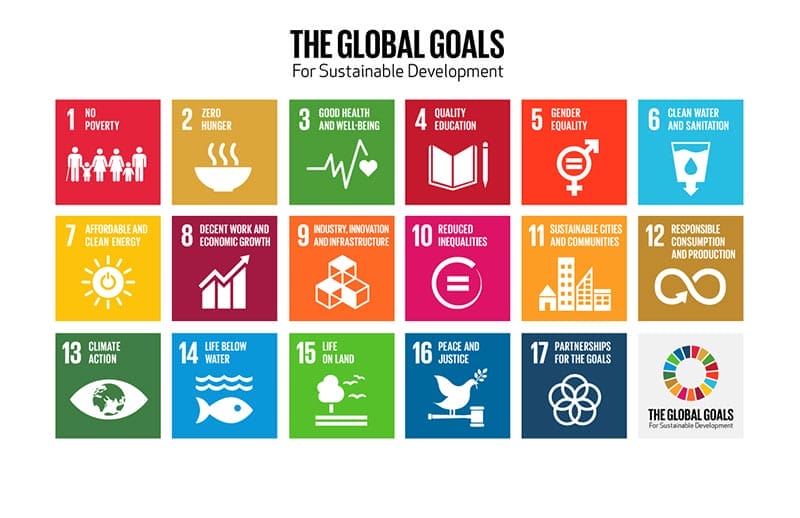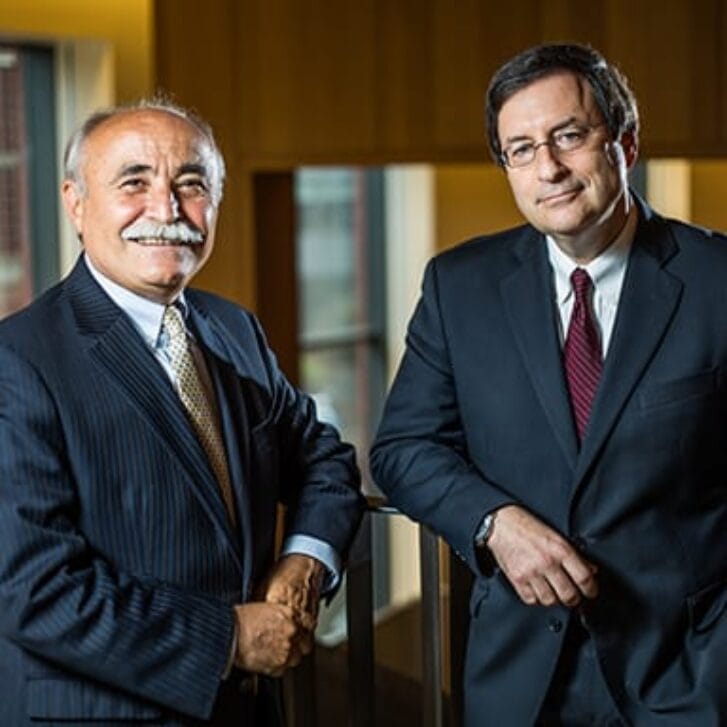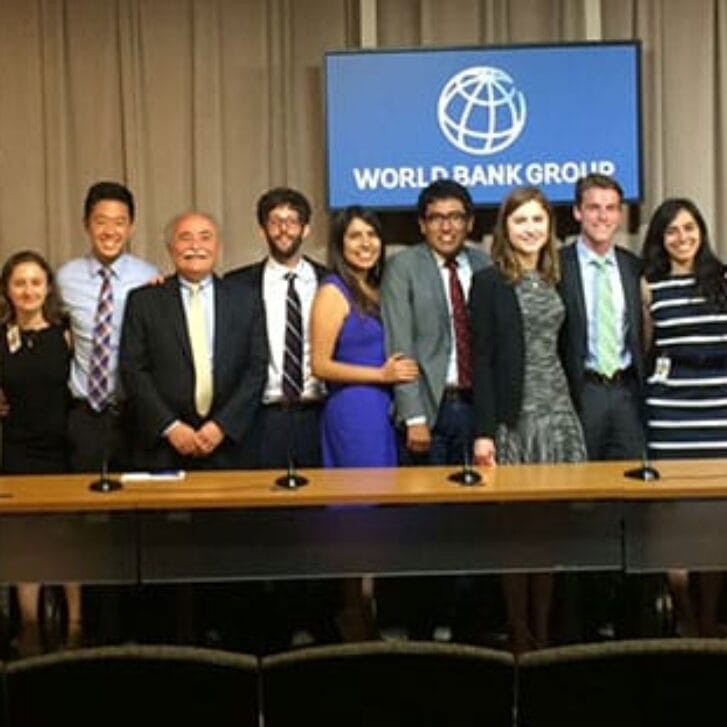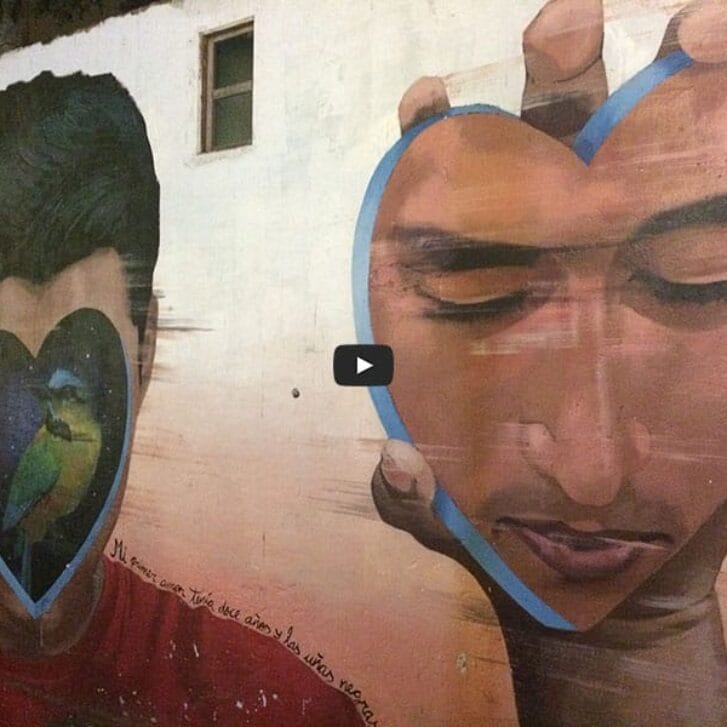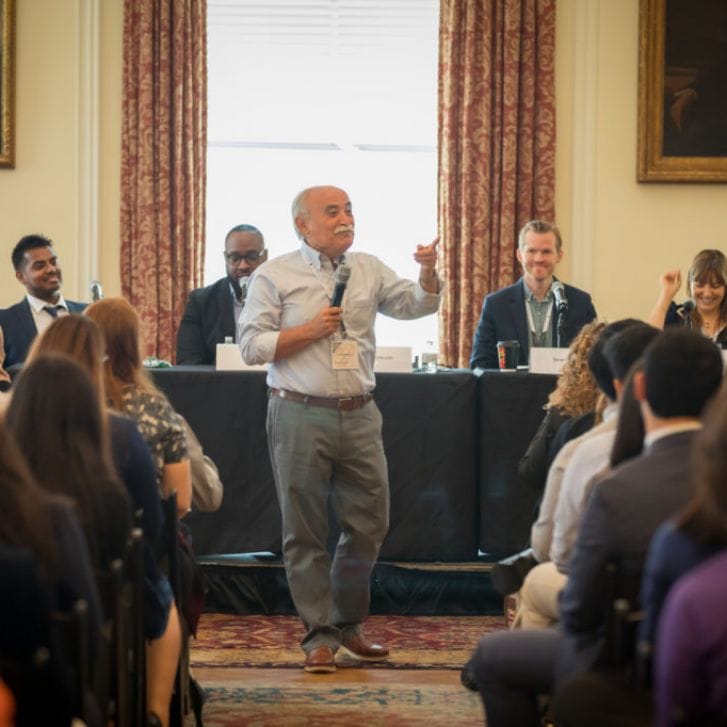After spending a gap year volunteering in a children’s home in South Africa, I came to Wharton seeking to further pursue my interest in social impact and sustainable development. I became involved with a number of different projects on campus, but it was not until I took the Business Ethics and Corporate Responsibility class by Djordjija Petkoski, senior fellow at Wharton’s Lawrence Zicklin Center for Business Ethics Research, that I started to develop an understanding of the strategic approach to international development. I became aware that the impact of my previous projects was limited to individuals and singular organizations. While furthering these interests may certainly be laudable, I realized that, as a Wharton student, I should utilize the School’s vast resources and networks in a much more strategic and focused manner. After all, the international development agenda will ultimately shape the world that my generation will one day inherit.
This is why I became involved with Ideas for Action (I4A). The initiative, a partnership between the World Bank and the Wharton School, represents a unique opportunity for me and my entire generation to develop innovative solutions for financing and implementing the U.N.’s newly adopted Sustainable Development Goals. On campus, the Penn Wharton Ideas for Action Initiative seeks to engage students and young professionals beyond the mere motivation of “doing good” by utilizing all available resources to generate lasting, sustainable change. Our objective is to establish a platform that allows youth from around the world to form a community of committed and knowledgeable individuals. Such a platform will help our generation develop its own voice to contribute to the global development conversation.
One of the lessons learned after the first-annual Ideas for Action competition in 2015 was the need for subsequent support in implementing the winning ideas. The Penn Wharton I4A Initiative strives to provide it. We aim to accompany participants along their entire journey with Ideas for Action, from inception to implementation. We are building an online global classroom that will allow prospective I4A participants to deepen their knowledge and hone fundamental skills to facilitate the development of substantiated, visionary contributions. In addition, we founded a project incubator through which small groups of Wharton students will support the winning I4A teams in implementing their ideas, capturing as much of the vast potential of the submitted proposals as possible.
For instance, one of our teams is currently developing a business plan for a participatory development impact bond model to bring clean cooking stoves to developing countries. Private investors provide upfront financing and will earn a positive return on their investment once the program achieves initially agreed upon outcomes.
Watch Penn Wharton Ideas for Action Initiative members provide their analysis of the winning 2015 I4A projects in the video above.
Working on such an innovative idea is not only inspiring, but also allows us to apply new concepts learned in class and helps us gain valuable social entrepreneurship experience.
Our active collaboration with both Wharton and the World Bank provides us with tremendous resources and special opportunities to impact international policymaking. Ideas for Action is unique in this sense. It goes far beyond merely raising awareness and fostering conversation. It provides youth with the resources and processes necessary to put ideas into practice.
I4A also represents an important opportunity for Wharton to take on a pioneering role in making financing and implementing sustainable development a part of its formal curriculum.
As we have established our first formal partnerships with groups in Ethiopia, Mozambique, Hong Kong and Belgrade and hosted our own program during the IMF-World Bank Annual Meetings in Lima this fall, we are amazed to see how Ideas for Action is quickly picking up pace. Personally, I found in Ideas for Action something that I am genuinely passionate about, and I am excited to see that our work can meaningfully shape the trajectory of international development. I am now considering a career in development finance or impact investing. I encourage all my peers here at Wharton and around the world to discover for themselves how our generation can take an active role in advancing sustainable development.




















